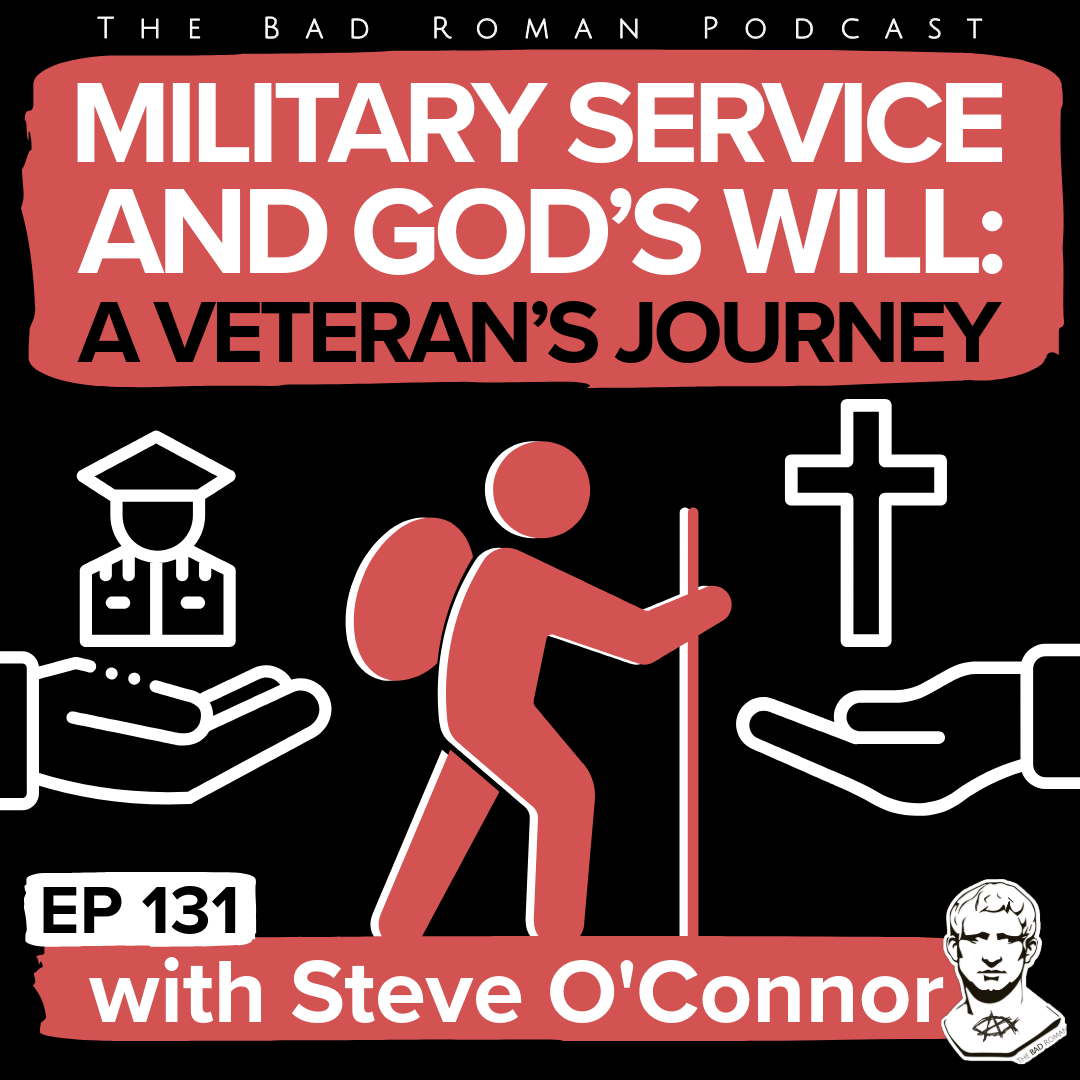About this Episode
Are you ready to dive down the digital rabbit hole? Buckle up, because this episode takes you on a wild ride through the world of social media, podcasting, and personal growth.
Blaklee Ramsey, the mastermind behind the "Elevated Edict Podcast," joins host Craig Harguess for a no-holds-barred conversation that'll make you rethink your scrolling habits. But first, let's rewind:
Remember those college days when your biggest worry was how many wings you could sling during game day? Craig and Blaklee do. They kick things off with a nostalgic trip down memory lane, reminiscing about their time at Foghorns Wings near the University of Arkansas. It's all laughs and "remember whens" until...
BAM! We're thrust into the present, where TikTok reigns supreme and dopamine hits come faster than you can say "swipe up." Blaklee drops some truth bombs about social media addiction that'll have you side-eyeing your phone. But don't worry, it's not all doom and gloom.
Did you know social media can actually be... good for you? (Gasp!) Our dynamic duo explores the brighter side of the digital world, from networking opportunities to spreading positivity. It's like finding a unicorn in a sea of cat videos.
But wait, there's more! Blaklee pulls back the curtain on her journey on being called to podcasting and here quick success. Spoiler alert: it's not all glamour and perfectly edited sound bites. She gets real about the self-doubt, the late-night editing sessions, and the unexpected connections that make it all worthwhile.
And for all you aspiring podcasters out there? Craig and Blaklee serve up a heaping helping of real talk about the challenges and triumphs of growing a show. It's like a masterclass in audio entrepreneurship, minus the hefty price tag.
So, are you ready to laugh, learn, and maybe rethink your relationship with that little device in your pocket? Tune in to this episode of the Bad Roman Podcast. Who knows? You might just find the inspiration to start your own digital revolution.
Connect with Blaklee Ramsey:
Elevated Edit Podcast: Apple Podcast, Instagram,
Episode Timestamps:
(0:55) Reconnecting and Reminiscing
Craig introduces Blaklee Ramsey, fellow podcaster and longtime friend
Craig and Blaklee reflect on their past work experiences at Foghorns Wings in Fayetteville, Arkansas
Realities of working in Fayetteville during game days
(4:06) Blaklee's Background
Born and raised in Arkansas
Started working in restaurants at age 12
Transition to sales and real estate, highlighting her strong work ethic
Burnout in Real Estate
Blaklee's journey to overcome burnout and set boundaries
The Birth of the Elevated Edit Podcast
Focus on self-improvement, work-life balance, and feminine energy
(11:32) The Dark Side of Social Media
Social Media Overconsumption
Discussion on the addictive nature of social media platforms
Craig's recent experience with social media during a difficult time
Blaklee's experience with social media addiction during the 2020 lockdown
Realization of time wasted on social media
(20:43) Positive Aspects of Social Media
Social media as a powerful connector
Blaklee's use of social media to grow her brand and podcast
Blaklee's strategies for setting boundaries and curating a positive online environment
(28:22) The Science Behind Social Media Addiction
Companies' strategies to keep users engaged
Importance of setting boundaries and being mindful of social media use
(34:39) The Elevated Edit Podcast
Blaklee's journey to starting her podcast
Focus on vulnerability, authenticity, and positive messaging
(40:27) Advice for Aspiring Podcasters
Importance of pushing through initial challenges
The value of authentic, unscripted content
(58:52) Final Thoughts
Importance of diverse perspectives in podcasting



















































